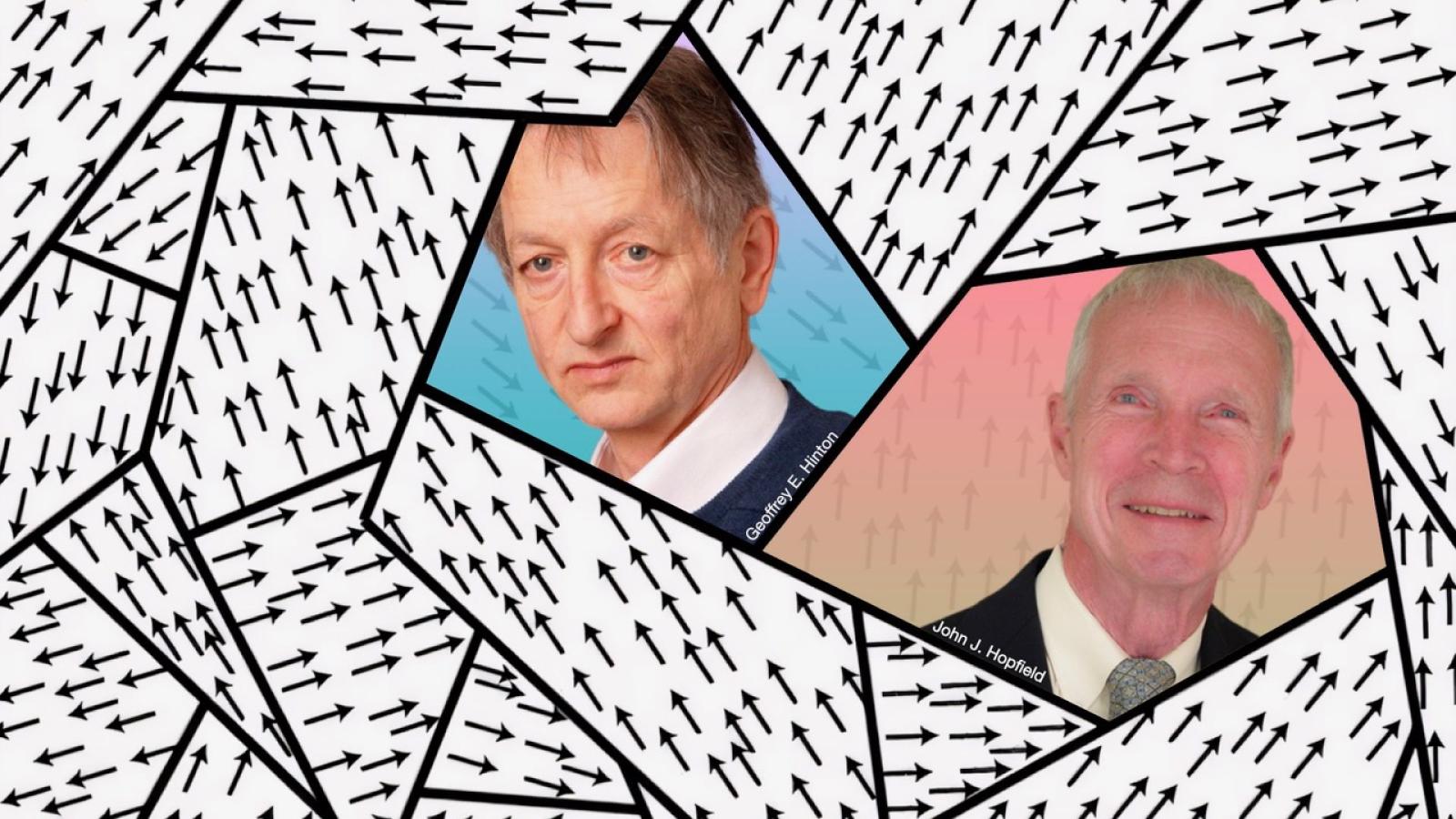Usually Massimo Piatelli Palmarini chooses very interesting topics to comment on the "Corriere della Sera" and tells them convincingly. Not this time (see article). Perhaps he was naively taken by too much enthusiasm for a subject that is apparently interesting and (unfortunately) outside his expertise. So that he is wrong about everything: the experiment, the dubious person that discusses it in his blog and the conclusions dealing with "free will". Let us begin. The best known author of the experiment shown is Jean Decety (see article). He is a French researcher who has worked for some years at the University of Chicago and who became quite well-known due to his (often vague) "brain imaging" experiments on humans. In this case he uses rats. He puts a rat in a room where the rat is free to run and where there is another Rat in a closed cage.Sometimes the walking rat frees the prisoner rat. The conclusion is that the rat does it because it feels pity for the other and it not only feels empathy for a fellow animal but also tries to help it. Too bad that the prisoner rat issues unpleasant stress marker sounds and, as the authors themselves admit, it is possible that the release is a consequence of the discomfort that these sounds give to the "liberator" rat. Without control of this variable the work lacks scientific quality (although published on Science)
The second figure involved in the story is much worse. He is Peter Singer, "Moral philosopher", famed for a book, full of sophistry, on the "rights of animals". He became even more famous for his support, based on utilitarian principles, of the lawfulness of killing infants without rationality. Wiesenthal wrote about him (I quote from memory) "I do not think it is acceptable to invite to a congress of moral philosophy a person who defends the suppression of handicapped children". One to "kill with silence" as the Japanese say and not to sue for stupid things like: "Good rats, bad men".
What "free will" has to do with all this is not clear. For a scientist, there is no effect without cause. Our behavior is always determined by a cause and, in the case of "free will", such cause can only be in our nervous system. Here Massimo is confusing free will, as a philosophical and legal issue with something much more simple and straightforward. Can society impose drugs to a person who does not want them? The answer is definitely: no. I think, however, that this is neither a current issue nor one to worry about. Can a doctor advice people with severe personality disorders (narcissistic, borderline, psychotic) to take drugs that improve their lives? He not only can, he must do so. If these people were happy they would not turn to doctors, psychologists, psychoanalysts, etc. to give greater meaning to their lives. Helping them is a duty. Perhaps more than speaking of sophists in search of publicity, it would be appropriate to cite the case of a good book just out from Simon Baron-Cohen: "Zero degree of empathy: A new theory of human cruelty”. Lack of empathy is a pain for those who have little, but perhaps even worse, it may cause suffering to others, to family members and relatives, but also to the whole community.
The ultimate "gem" is the misguided attempt to find implications on humans based on the empathic replies of rats through superficial and unconvincing reflections taken from our everyday life.The surgeon without empathy. Typical example “à la Decety”. Obviously when surgeons are operating they cannot begin crying for pity on the patient or because they see blood, however, if they see their daughter laying on the ground and injured in an accident, they will surely feel empathy. Otherwise they would not be surgeons, they would be monsters. Massimo, sorry.


